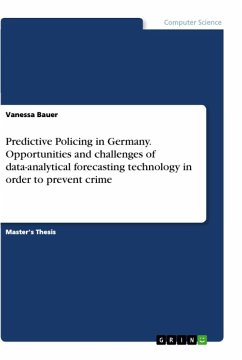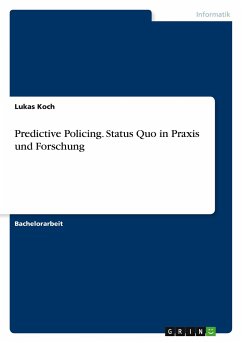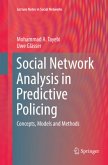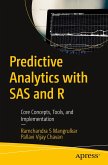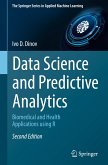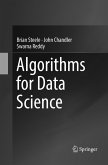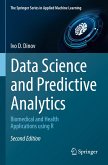Master's Thesis from the year 2019 in the subject Computer Science - Theory, grade: A*, Management Center Innsbruck, language: English, abstract: This Master Thesis introduces theoretical fundamentals of Predictive Policing tools used in German police institutions such as Hot-Spot techniques, Near-Repeat approaches, Risk-terrain Analysis and Concentric-Zone Model. In times of Big Data, police work has also changed and the usage of forecasting technologies in order to prevent crime does not only vary state-wide in definitions but also in its application. Therefore, objectives and appliances are described in general. Additionally, a chronological transformation is established in order to compare lineages in Germany with those in the USA. Since Predictive Policing polarises, the research question deals with potential opportunities and challenges police institutions and the society have to deal with, when it comes to leveraging data-analytical forecasting technologies in order to prevent crime.The motivation for writing the Master Thesis about the present topic stems from the fact that it is highly current and has not yet been thoroughly studied. Preventing crime and thus ensuring a safe environment is an important field of research in our society and should be guaranteed with problem-oriented policing. Since there are varying considerations and application measures of PP according to different country side frameworks, the Thesis provides an overview about technical functioning and practical appliance within Germany. Therefore, content provides on the one hand added value for lecturers and students in the field of Public Security Management and related studies or police officers in the upper grade of the civil service. On the other hand, it serves to educate citizens about how far the technologies have progressed in this area and to what extent this will influence the lives of citizens in the future. Many police departments worldwide test software-based forecasting technologies according to their relevance in practice. Forecasting systems work with data sets about already registered crime activities. Those datasets are then complemented with socio-spatial, calendar and meteorological data. Since the amount of collected and analyzed data increases day by day, the question arises as to what extent Machine Learning and Artificial Intelligence will influence the human advice origin to predict and prevent crime.
Hinweis: Dieser Artikel kann nur an eine deutsche Lieferadresse ausgeliefert werden.
Hinweis: Dieser Artikel kann nur an eine deutsche Lieferadresse ausgeliefert werden.

